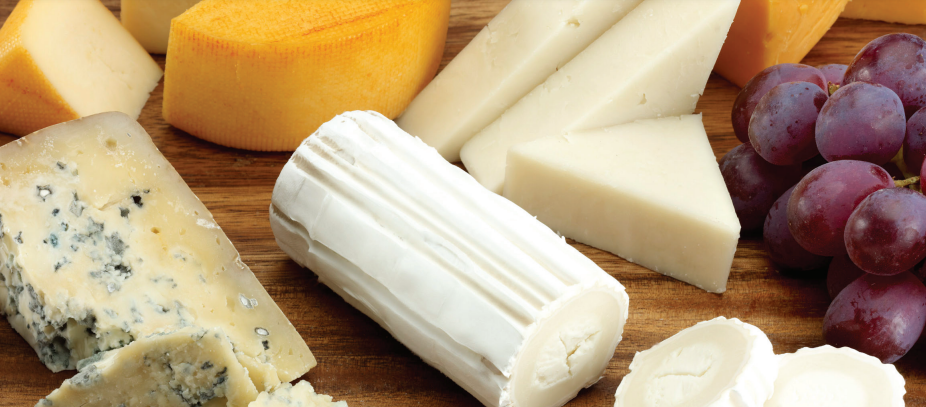The Treaty between Mexico, the United States and Canada (USMCA) benefits large cheese producers and puts small and medium-sized companies (SMEs) at a disadvantage, highlighted the International Cheese Council of Canada (ICCC).
On an upward trend, Canadian cheese imports (including cottage cheese) were $475 million in 2023, according to Statistics Canada data.
Canada decided to allocate quotas based on domestic and imported cheese sales. According to ICCC, this move has resulted in a disproportionate allocation of quotas to large Canadian dairy processors.
These processors are highly profitable and are protected by local policies. As a result, they have no real incentive to import value-added cheeses. This especially affects U.S. dairy exporters.
Large cheese producers
Canadian cheese imports increased from $292 million in 2018 to $475 million in 2023.
The trend, in millions of dollars, is shown below:
- 2018: 292.
- 2019: 311.
- 2020: 341.
- 2021: 402.
- 2022: 435.
- 2023: 475.
Production in Canada
Under the USMCA, which came into force on July 1, 2020, Canada agreed to provide additional dairy market access to its largest trading partner, the United States.
Despite that, the Canadian government’s quota management practices have stifled market access. Failure to deliver on promised meaningful market access to the United States has been detrimental to Canadian small and medium-sized businesses involved in the cheese import sector.
Canada’s domestic cheese production is around 530 million kilograms per year, while access for imported cheeses is just over 60 million kilograms.
However, Canada relies on the sum of the two to calculate allocations, which clearly favors companies that produce and sell astronomically large quantities of domestic cheeses in the Canadian market.
This creates an unequal system that does not benefit Canadian SMEs.
Therefore, the ICCC urged Canada to use the 2026 USMCA Review to work with its trading partners to adopt a TRQ allocation mechanism based on the actual performance of importers, i.e. using the ratio of import purchases, rather than sales.
The following were the top sterling suppliers of cheese to Canada, in millions of dollars:
- United States: 117.
- Italy: 104.
- France: 58.
- Switzerland: 29.
- Netherlands: 26.

